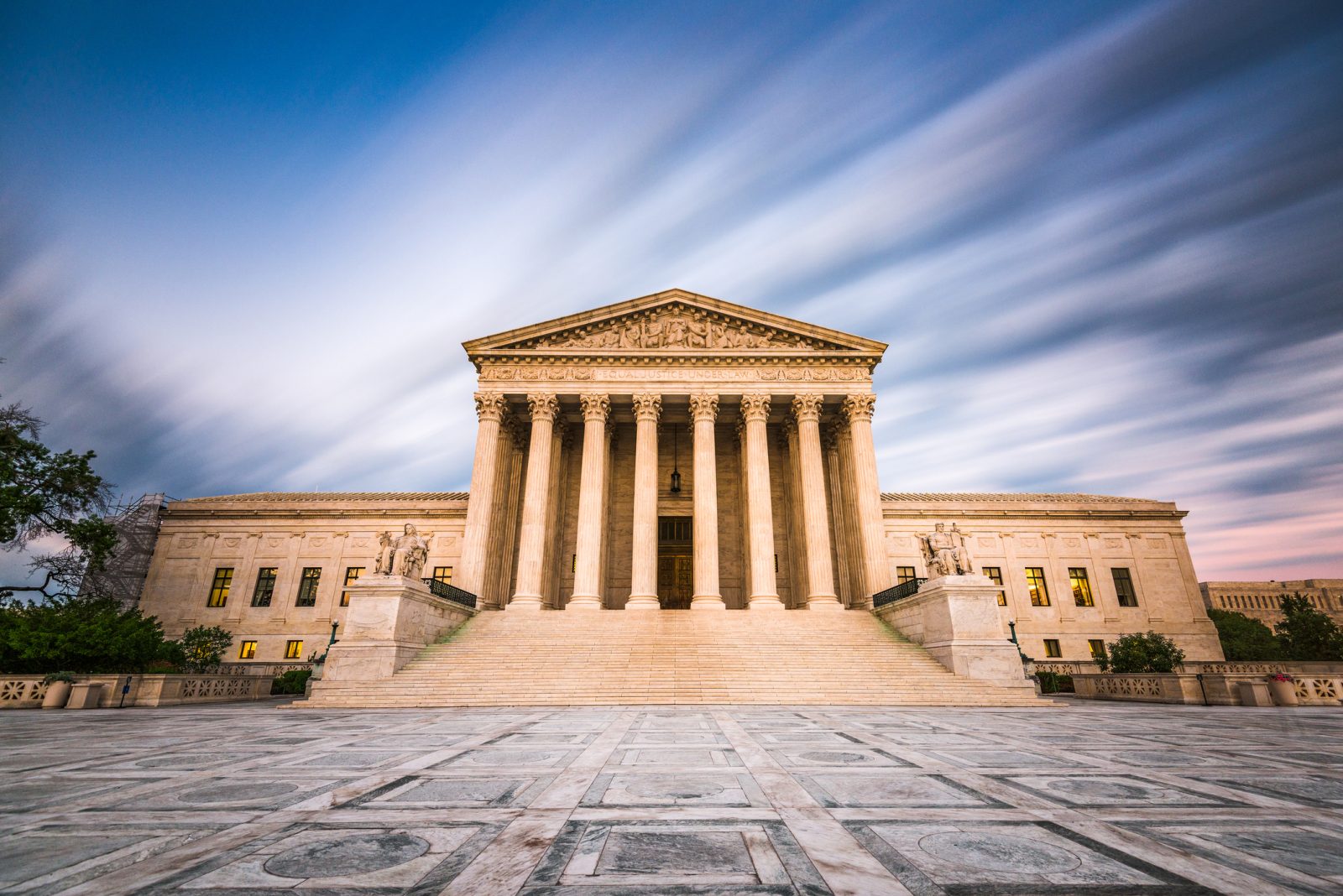After nearly three decades, Stephen Breyer, Associate Justice of the United States Supreme Court, is retiring.
Students of copyright also know that Justice Breyer really loved to write about copyright, even as far back as his days teaching at Harvard.
Last week, Justice Breyer wrote for a 6-3 majority of the Court in resolving an important copyright registration question in Unicolors, Inc. v. H&M Hennes & Mauritz, L.P., which one outlet referred to as his “IP Swan Song.” (Subscription required to access the article at that link.)
A Case of Cutthroat Copyright Competition
The question the Justices resolved in Unicolors was both narrow and technical. In its application for copyright registration, Unicolors was alleged (by H&M, its competitor) to have made a mistake in its copyright registration, basically as to whether the design that Unicolors alleged H&M had infringed had been properly included as part of an application for a group registration.
For fans of copyright, the whole, very short opinion (9 pp., followed by a 6-page dissent) is certainly worth taking the time to read, especially the part analogizing to birdwatching (see page 4). But the bottom line is that Breyer, and five other Justices, held that such minor mistakes, when made “innocently” or in good faith, do not themselves serve to ruin the copyright registration. This matters in the real world because, as stated in the applicable statutory provision (17 U.S.C. § 411), without a valid certificate of copyright registration, a copyright infringement case cannot generally be brought before a court at all.
Moral of the Story
Writing at his blog, The Illusion of More, David Newhoff called the decision “an important win for creators” and I agree with him on that point. While skilled professionals can and should fill out (sometimes complicated) copyright forms carefully, copyright registration is also something of utility to the broader class of individual creators – you and me, in our private capacity – and it is better for society if ”innocent” errors are not used to impair that utility without a darned good reason.
Copyright registration is not merely for bureaucrats to have something to process and fret over. It’s for something. It’s for Federal recognition of the creator’s rights and interest in her original creative expression, and for the benefit that recognition brings to the rest of us. It’s not about jots and tittles.


